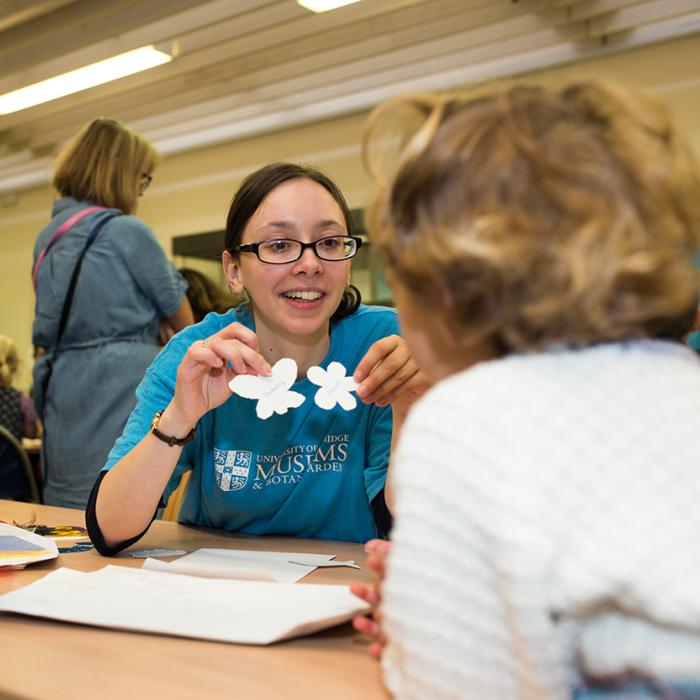Event information
In her 1925 review of Lady Mursaki’s 11th Century novel Tale of Genji, Virginia Woolf admires the technique adopted to draw a clear vision of the male hero: he is conveyed through a method that decenters him and celebrates female intersubjectivity, ‘through the medium of other women’s minds’. Her encounter with the book clearly struck a chord, as a few years later, in an essay about women and fiction, Woolf returns to the Tale of Genji as a vital moment in the history of women’s creativity. Woolf was not alone in seeing Japanese culture as speaking to the urgencies and possibilities of the feminist present. This talk offers a reconsideration of Modernism and Japanism: traditionally associated with male homosociality, expertise, intellectual authority and cultural power, this counternarrative shows how women artists, in particular queer identified women artists, formulated their own subjective, amateur, affective response to Japanese work, seeing it as a charged site through which to explore desire, embodiment, subjectivity, difference, intimacy, creativity and freedom.
About the speaker: Rebecca Birrell is currently Assistant Keeper of Paintings, Prints and Drawings at the Fitzwilliam Museum. She studied English Literature at UCL, then Women’s Studies at The University of Oxford. She has occupied curatorial positions at the Jewish Museum London, The Department of Prints and Drawing at The British Museum and at The Charleston Trust. In 2018 she undertook a fellowship at the Yale Center for British Art. While finishing her PhD at the Edinburgh College of Art, she worked on the photographic archive at The Wilhelmina Barns-Graham Trust. Her first book, This Dark Country: Women Artists, Still Life and Intimacy in the Early Twentieth Century, a blend of collective biography and art criticism, was published by Bloomsbury in August 2021.


